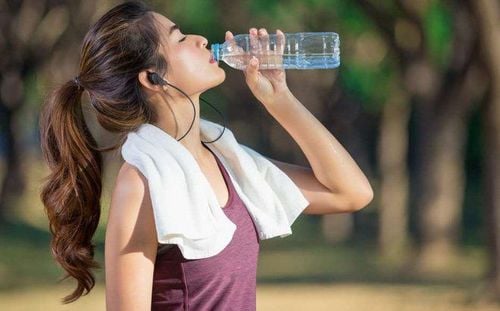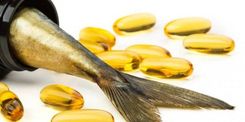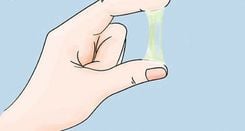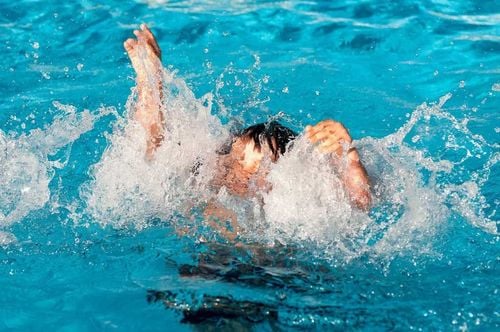Abdominal muscle cramps are a common condition that can occur during exercise, often causing significant pain and discomfort. When cramps strike, it can hinder movement, require recovery time, and negatively impact overall exercise performance.
1. Causes of abdominal muscle cramps during exercise
Abdominal muscle cramps are particularly prevalent in individuals who overexert themselves, especially during high-intensity workouts. Athletes, mountain climbers, individuals who frequently climb stairs, pregnant women, and those experiencing dehydration or significant salt loss, etc, are all at risk for cramps.

Abdominal muscle cramps typically occur in specific situations, such as:
During sleep at night, when muscles are continuously active for long periods when the body is fatigued, hungry, or dehydrated; when exercising on hard surfaces; without a proper warm-up before exercising. Cramps are most commonly felt in larger muscle groups such as the abdomen, legs, and thighs, which are heavily engaged during physical activity. Factors that contribute to the onset of abdominal muscle cramps include muscle fatigue, prolonged exercise, high-intensity workouts, extreme weather conditions, and significant electrolyte depletion.
Additionally, continuous strenuous exercise can lead to lactic acid buildup in the muscles, which disrupts the transmission of signals between the nerves and muscles. This disruption can cause muscle contractions even when the brain signals for relaxation, resulting in pain. Exercising in hot weather can cause excessive sweating, leading to dehydration and electrolyte loss, both of which increase the likelihood of abdominal muscle cramps during prolonged or intense activity.
2. How to manage abdominal muscle cramps
When sudden abdominal muscle cramps occur during exercise, they can lead to intense pain, prompting the individual to stop any physical activity immediately. To alleviate the pain, consider the following steps: stop all movement to prevent further strain, and try to relax the contracted abdominal muscles; lightly massage the affected area to ease tension; if available, apply hot pain-relieving oil to the cramped area and massage it gently. After the pain subsides, it’s important to allow your body to rest and recover. Avoid resuming exercise too soon. Replenish electrolytes by drinking fluids such as hot sugar tea, an oral rehydration solution (ORS), orange juice, or lemon juice. Taking a hot bath can help relax the muscles and relieve cramping pain.
Some medications that may help relieve cramps include vitamin E, muscle relaxants, pain relievers, etc. Generally, abdominal muscle cramps are temporary and not dangerous. However, they can pose serious risks in specific situations, such as swimming or jumping, where they may lead to accidents.
If cramps occur only occasionally, they usually don't warrant concern. Conversely, frequent or excessively painful cramps should be evaluated by a doctor, who may recommend further tests to determine the underlying cause and appropriate treatment.
3. Methods to prevent abdominal muscle cramp
People who exercise can effectively prevent abdominal muscle cramps by following these steps: always warm up properly before exercising; drink plenty of water both before and during your workout, opt for water that is rich in minerals and electrolytes, such as an oral rehydration solution, fruit juice, or coconut water. After exercising, ensure that you perform muscle relaxation exercises to help ease any tension.
While in a seated position, warm up your leg muscles by bending your feet towards your knees as high as you can. This encourages better blood circulation in your lower legs.
In addition, a balanced diet is also very important and should be suitable for athletes, containing all the nutrients: protein, sugar, fat, essential vitamins, and minerals. Reduce or eliminate the use of stimulants such as tobacco, alcohol, and beer, as these can contribute to cramping. Keep necessary medications and rescue equipment on hand to address any abdominal muscle cramps promptly.










